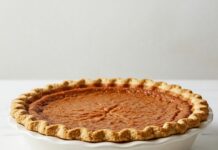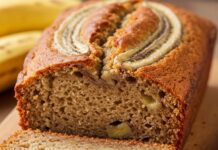Cleaning silver coins requires a careful approach to avoid damaging them, especially if they have numismatic value. Here’s how to clean silver coins safely:
Materials Needed
- Mild soap or dishwashing liquid
- Distilled water
- Soft cloth or microfiber towel
- Soft-bristle toothbrush (optional)
- Baking soda (for stubborn stains)
- Olive oil (for stubborn tarnish)
- Plastic container
Step-by-Step Guide
1. Initial Cleaning
- Prepare a Soapy Solution:
- Fill a plastic container with warm distilled water and add a few drops of mild soap or dishwashing liquid.
- Soak the Coins:
- Place the silver coins in the soapy water and let them soak for about 10-15 minutes. This will help loosen any dirt or grime.
- Gently Clean the Coins:
- Using your fingers or a soft-bristle toothbrush, gently rub the surface of the coins to remove dirt. Be careful not to scrub too hard, especially if the coins have collectible value.
- Rinse Thoroughly:
- Rinse the coins thoroughly with distilled water to remove any soap residue.
- Dry Carefully:
- Pat the coins dry with a soft cloth or microfiber towel. Avoid rubbing, as this can scratch the surface.
2. Removing Stubborn Tarnish
- Baking Soda Method:
- Make a paste using baking soda and a small amount of distilled water.
- Apply the paste to the tarnished areas of the coins.
- Gently rub the paste on the coins using your fingers or a soft cloth. Rinse thoroughly with distilled water and dry with a soft cloth.
- Olive Oil Method:
- For heavily tarnished coins, soak them in olive oil for a few days to a week. This can help loosen stubborn tarnish.
- After soaking, rinse the coins with distilled water and gently clean them with mild soap if needed. Dry with a soft cloth.
Tips for Success
- Avoid Abrasive Materials: Never use abrasive materials or harsh chemicals like toothpaste, vinegar, or baking soda directly on valuable or antique coins, as these can scratch or damage the surface.
- Use Distilled Water: Distilled water is preferred over tap water to avoid potential mineral deposits or chlorine that can affect the coins.
- Handle with Care: Always handle coins by their edges to avoid transferring oils and dirt from your fingers.
- Consult a Professional: If your coins have significant numismatic value, consult a professional numismatist or a coin dealer before attempting to clean them. Professional cleaning may be a better option for preserving their value.
By following these steps, you can clean silver coins gently and effectively while preserving their condition and value.










